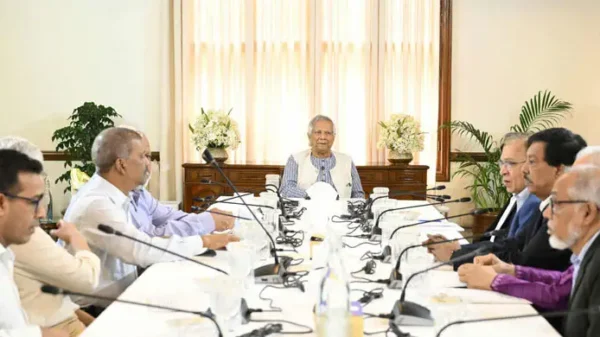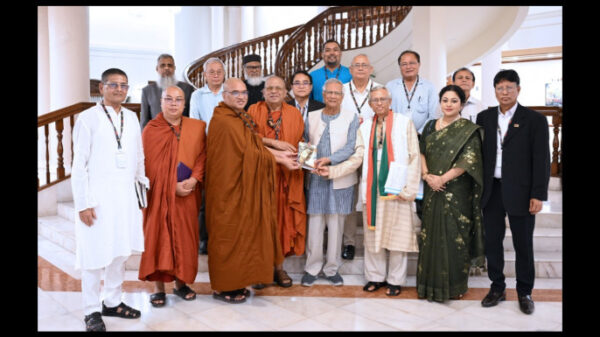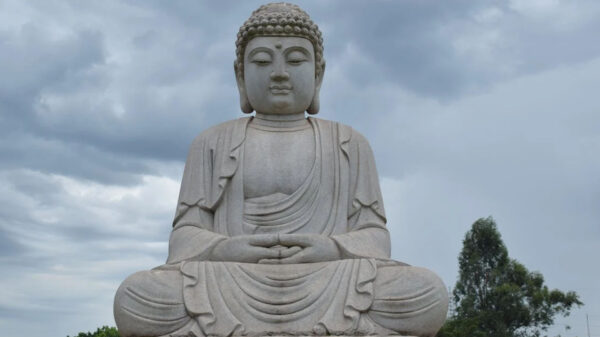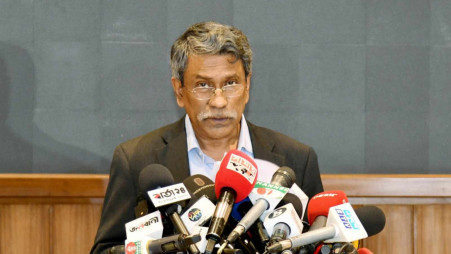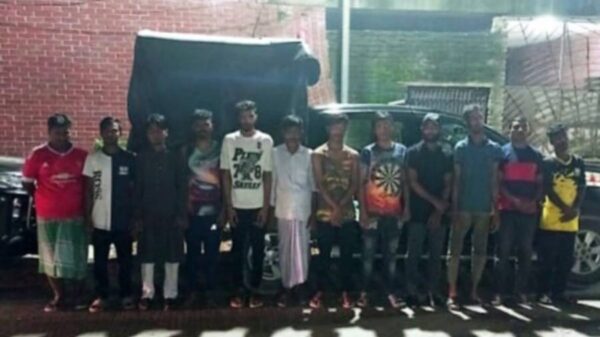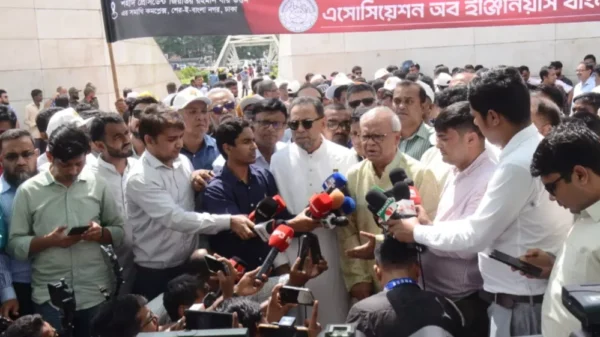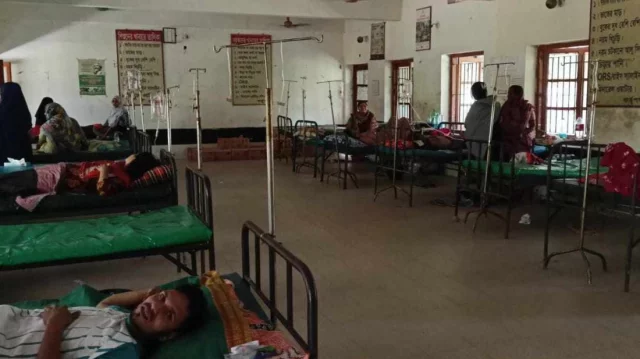Staff Reporter:
Poor hygiene conditions was found in both public and private hospitals in Dhaka City, according to a study of ICDDR,B.
The study conducted recently across 12 public and private hospitals in Dhaka found that 68 percent of public hospital toilets were functional with only 33 percent clean while in private hospitals, 92% were functional with 56 percent were clean, a press release of ICDDR,B said yesterday.
Conducted by ICDDR,B scientists in collaboration with partners at the University of Technology Syd-ney, Australia, and the Directorate General of Health Services (DGHS) at the Ministry of Health and Family Welfare Bangladesh, the study was recently published in the journal PLOS ONE.
Poor toilet access and hygiene pose significant health risks, potentially spreading diseases like cholera and typhoid. Proper sanitation and its accessibility are particularly crucial in hospitals, where disease-causing pathogens are expected to commonly circulate.
The study evaluated 2,459 toilets in Dhaka’s healthcare facilities to assess the availability, functionality, and cleanliness of toilets.
High user-to-toilet ratios were observed in outpatient facilities, with one toilet for every 214 users in government hospitals and 94 users in private hospitals, significantly below the recommended standards set by WaterAid.
According to their guidelines for the construction of institutional toilets in outpatient facilities, there should be one toilet for every 20-25 patients or caretakers, up to the first 100 individuals, with an addi-tional toilet for every additional 50 patients or caretakers.
Additionally, both government and private hospitals failed to meet the criterion of one toilet per six in-patient beds by the Bangladesh national WASH standard and implementation guidelines from 2021.
There were 17 users for each toilet in government hospitals and 19 users per toilet in private hospitals.
Beyond basic functionality, hygiene, and availability, less than 1 percent of toilets had facilities for disa-bled people, and only 3 percent of toilets had a trash bin for menstrual pad and solid disposal.
The researchers defined toilet functionality according to criteria used by the World Health Organization (WHO) and UNICEF and assessed toilet cleanliness based on the presence of visible faeces on any sur-face, strong faecal odour, flies, sputum, insects, rodents, and solid waste.
“The actual sanitation conditions in Dhaka hospitals may be worse than what we found as our study was conducted in the aftermath of the COVID-19 pandemic when many hospitals were shifting from mainly treating COVID-19 patients to general medical care,” said ICDDR,B’S Associate Scientist and principal investigator of the study Dr Md. Nuhu Amin.
This could have led to reduced patient flow and toilet usage, he added.
Dr Amin said directed increase in resources allocated for maintaining clean and working toilets in hospi-tals is needed, with a particular focus on meeting gendered needs and those of disabled persons.
Globally, there is a lack of studies characterizing toilet conditions and estimating user- to-toilet ratios in large urban hospitals in low- and middle-income countries (LMICs).
Ensuring basic sanitation for all is a priority for countries to achieve the United Nations Sustainable De-velopment Goals (SDGs) by 2030.
The study addresses the research gap in LMICs and provides important data to drive policy changes at the national level to tackle the critical health problem of inadequate sanitation in healthcare facilities in Dhaka.



